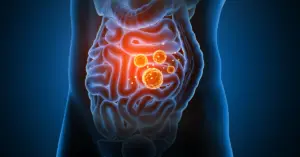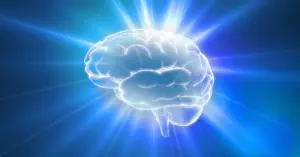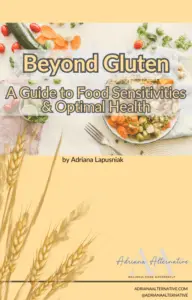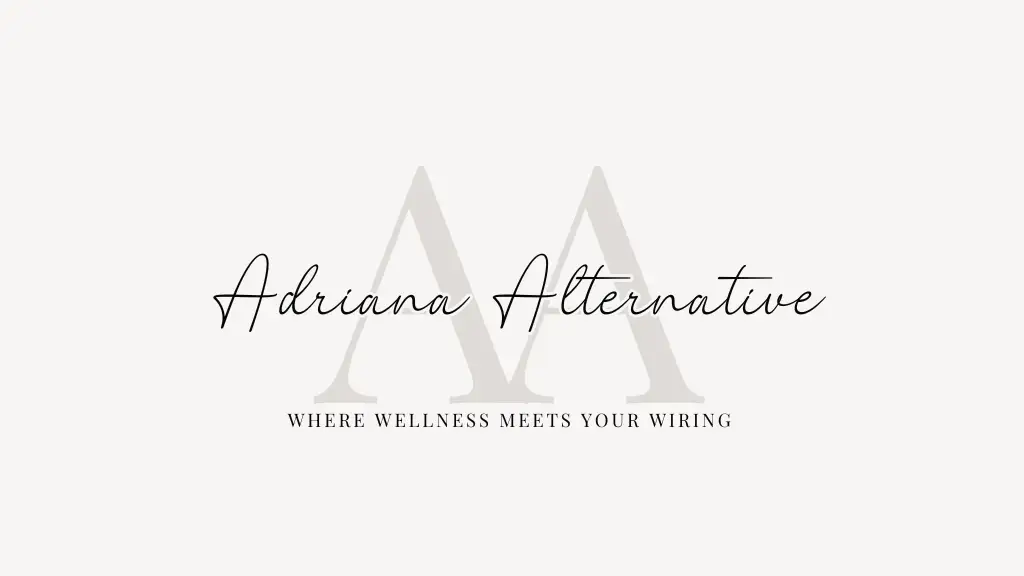The Impact of Gluten on Mental Health
In recent years, there’s been growing awareness about the connection between what we eat and how we feel. One particular area of interest is the impact of gluten on mental health. Gluten, a protein found in wheat, barley, and rye, has been a dietary staple for centuries. However, for many individuals, it can be a hidden culprit behind a range of mental health issues.

For those with celiac disease, consuming gluten triggers an immune response that damages the small intestine, leading to a host of physical and mental health problems. Even in individuals without celiac disease, gluten sensitivity can cause symptoms such as brain fog, anxiety, depression, and fatigue. The gut-brain connection plays a crucial role here; our gut health significantly influences our mental well-being.

When gluten is ingested, it can cause inflammation in the gut, disrupting the balance of beneficial bacteria. This imbalance can lead to increased permeability of the gut lining, often referred to intestinal permeability- allowing harmful substances to enter the bloodstream and potentially affect brain function. This inflammation and immune response can contribute to neurological and psychological symptoms.

Moreover, gluten can impact the absorption of essential nutrients. For instance, deficiencies in B vitamins, magnesium, and other nutrients vital for brain health can exacerbate mental health issues. By removing gluten from the diet, many people report improvements in mood, clearer thinking, and increased energy levels.

A Personalized Approach to Gluten Sensitivity
It’s important to note that everyone is unique, and what works for one person might not work for another. If you suspect gluten may be affecting your mental health, it can be beneficial to try an elimination diet under the guidance of a healthcare professional. Removing gluten for a period and then gradually reintroducing it can help identify if it’s a trigger for your symptoms.

While gluten is a common part of many diets, it can have significant effects on mental health for some individuals. Paying attention to how your body reacts to gluten and making dietary adjustments can be a powerful step toward improving both your physical and mental well-being.

Explore Further Resources
If you’re looking to explore this further- we’ve developed a resource- Beyond Gluten: A Guide to Food Sensitivities and Optimal Health, which delves deeper into identifying and managing food sensitivities for a healthier, happier you.
For more research on the topic consider this emerging research indicating that gluten sensitivity can significantly impact mental health, even in individuals without a formal diagnosis. Studies have found that consuming gluten may exacerbate symptoms of depression and anxiety. For instance, a study involving 22 participants with non-celiac gluten sensitivity reported increased feelings of depression after consuming gluten for three days compared to a control group.
Additionally, this article by Psych Central explores how individuals with gluten intolerance may experience both physical and mental health symptoms, such as anxiety and depression. This suggests that gluten sensitivity can manifest in psychological symptoms, even without gastrointestinal issues.
Furthermore, this study has shown that children with celiac disease have higher rates of mental health conditions like depression, anxiety, and ADHD compared to those without the disease.
This highlights the broader impact of gluten-related disorders on mental well-being. These findings underscore the importance of considering dietary factors, such as gluten intake, when addressing mental health concerns, especially in individuals with unexplained psychological symptoms.
A Call to Reflect

As we continue to learn more about the connection between diet and mental health, it’s important to approach these insights with curiosity and care. Understanding how gluten impacts your well-being can help you make informed decisions to support a balanced and healthy life. If you suspect gluten might be affecting your mental health- it doesn’t have to be this way forever. To start a simple and guided elimination diet to see if your health improves in the absence of gluten, grab the “Beyond Gluten: A Guide to Food Sensitivities and Optimal Health” now!
Challenges with our health are so real, and all the more challenging when we’re not sure what’s the culprit. Discovering I had a terrible gluten sensitivity changed my life, so I developed the Beyond Gluten Guide so that no one has to go through what I went through.
I’ve included all the insight and tips I wish I knew when I was going through it- packed into one simple, streamlined guide.
If this sounds like something you’ve been dealing with or like the key you’ve been looking for in your health journey- you’re not alone! I’ve worked with so many people, myself included, from all different demographics, genetics and walks of life that this was the case for them.
Neurodiverse Individuals and Gluten Sensitivity
Studies also highlight the connection between gut health and brain function, showing that gluten can exacerbate inflammation and neurological symptoms in some cases. Addressing potential dietary sensitivities might improve mental clarity, focus, and overall well-being for neurodiverse individuals, specifically, as well. Emerging research suggests that neurodiverse individuals, such as those with autism or ADHD, may be more prone to gluten sensitivity. Here’s a study that shows New Evidence of Link Between Celiac Disease and Attention-Deficit/Hyperactivity Disorder (ADHD).
An Integrative Take on Wellness
With new research emerging all the time and the world coming into a more holistic view of health, connections that maybe weren’t being made before now are. This has always been the heart of Adriana Alternative– making connections and seeing correlations between the seemingly unrelated.
Wellness is so much more than following a protocol and each of our bodies, experiences and health are so diverse and always changing. I suffered from the lack of representation of being undiagnosed &/or a late-diagnosed neurodiverse female and all the ways my unseen neurodiversity would effect my health and life. I had to fill major gaps and make seemingly controversial connections and expand my perception on wellness endlessly to find what worked for me. Now, everything I discovered in my journey is being proven all the more through new research and other people sharing their experiences, as well.
If you’re interested in exploring a different perspective on your health or challenges in your life, you can book a free, no-obligation discovery call by filling out the form here.
More Resources
We’ve worked hard to make everything as accessible as possible at Adriana Alternative, from free downloadable online resources to support your unique wellness journey, to integrative 1-1 coaching offered at a sliding scale rate.
And don’t forget to join us every Thursday at 11 am PST on Insight Timer for a weekly community event on Radical Self-Acceptance– where we’ll be diving into neurodiversity, mental and emotional health, practical tools for creating a more balanced life and so much more. These sessions are a chance to connect with others, explore practical strategies for growth, and find the support we all deserve. Come as you are—I’d love to see you there and share this journey together.
Join the Community
Want access to resources and events as they’re released? Subscribe to our weekly newsletter, where you’ll receive exclusive updates, practical tips, and links to guides like The Morning Ritual Guide and The ADHD Breakfast Guide It’s a chance to stay inspired, informed, and connected to a community that truly gets it.
Let’s continue this journey together—one small, meaningful step at a time.


